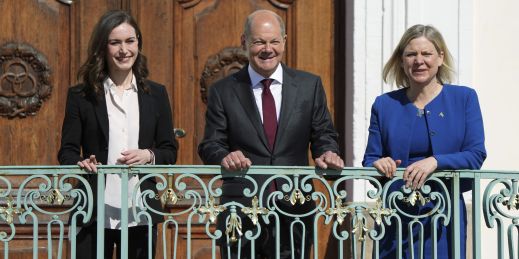
A recurring trope in the British media is an opinion piece that ostentatiously praises or condemns Scandinavian welfare policies. This tendency to reduce Scandinavia to a simplistic caricature misses insights into how these societies are adapting to social change—and how the rest of Europe might overcome its own challenges.




